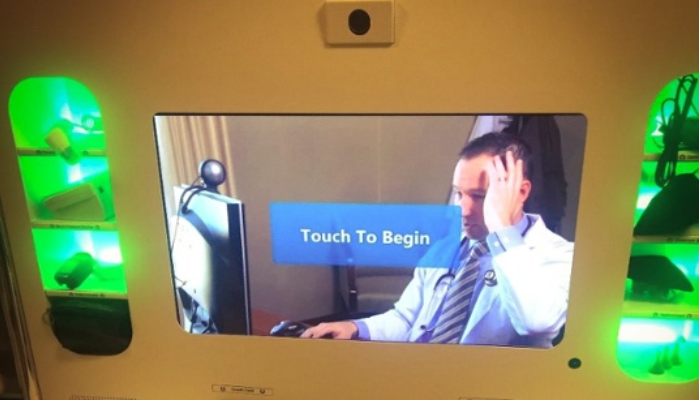Have you scheduled a medical appointment online? Or perhaps, you Googled “CareFirst.com” to identify in-network internal medicine physicians within five miles of home. When making an inquiry or appointment, what communication channel did you use: self-service, online chat, email, or text? Or did you resort to voice communication? Can you recall your experience? Was it easy to use? If you used more than one channel, did the various channels create a seamless experience? How did you feel about the company after the transaction? Did your experience strengthen your loyalty to the organization or did you feel dissatisfied and ready to seek an alternative?
URAC Board of Directors Approves Development of Contact Center Certification
By Robin Adams on 12/5/18 10:55 AM
Continuing the Telehealth Conversation
By Che Parker on 12/5/18 10:54 AM
I was recently introduced to chislic. If you’re not familiar with chislic, it’s cubed and deep fried red meat, an iconic staple found only in South Dakota. There was a saucer-sized plate of the stuff in front of me at a family restaurant in downtown Sioux Falls. I had reservations there with my contact at Avera eCare on November 8.
The Weakest Link: Strengthening URAC’s IT Security
By Maggie Cornett on 12/5/18 10:54 AM
You are not only the first line of defense for ensuring the security of URAC’s systems, data and network, you are also its weakest link. We are human and we all make mistakes, however there are cyber-criminals constantly not only enticing but counting on you to make a mistake so that they can take advantage. The most vulnerable point of entry for these hackers to invade the URAC network is through our email system.
Telehealth Utilization Has Increased, but Statutory Barriers Remain in Traditional Medicare
By Brittany McCullough on 12/5/18 10:52 AM
CMS recently issued a mandated report to Congress entitled Information on Medicare Telehealth that in part, provides information on the utilization of telehealth services and discusses barriers to expand its use in Medicare. CMS notes that telehealth use has increased, is rather beneficial for patients with behavioral health and/or chronic conditions and has the potential to “improve access to care, reduce costs, and enhance patient satisfaction.” But, and unfortunately with telehealth, there always seems to be some sort of ‘but’; our good ol’ government is impeding use, which is why adoption remains relatively low.
Spotlight Q&A with Anita Uwadia
By URAC Staff on 12/5/18 10:52 AM
The Monthly Review spotlights a different URACer each month in a Q&A. This month it's Anita Uwadia, URAC's Quality and Research Associate.






